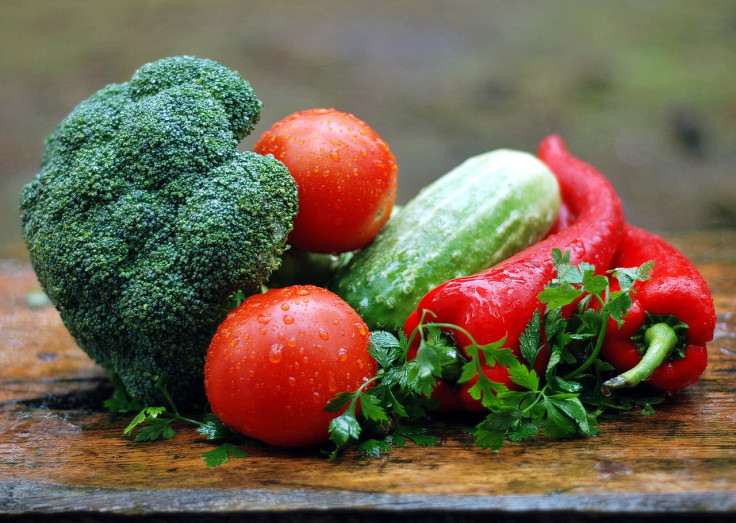
Researchers have found an interesting link between a vegetarian diet and a reduced risk of COVID-19 infection.
A study, published in the journal BMJ Nutrition Prevention and Health, suggests that people on a predominantly plant-based or vegetarian diet are at a lower risk (39%) of getting COVID-19 infection compared to omnivores. The severity of infection was also less in them.
Previous studies have shown that diet may have a role in the severity and complications associated with COVID-19 infection.
Researchers recruited 702 adult volunteers between March and July 2022 to evaluate the impact of dietary patterns on the incidence, severity and duration of COVID-19 infection. The team looked into various aspects of the participants, including their regular eating patterns, food group frequency, lifestyle, medical history and COVID-19 vaccination status.
Based on their dietary pattern, participants were divided into omnivorous (424) and predominantly plant-based (278) dietary groups. The plant-based food group included flexitarians/semi-vegetarians (who ate meat three or fewer times a week), vegetarians and vegans. They typically ate more vegetables, legumes and nuts, with less/no dairy and meat in their diet.
Of the total participants, 330 people reported they had COVID-19 infection – 224 had mild symptoms and 106 had moderate to severe symptoms.
"The omnivores had a significantly higher reported incidence of COVID-19 than the plant-based dietary groups: 52% vs 40%. And they were more likely to have had moderate to severe infection:18% vs just over 11%," the researchers wrote in a news release.
Based on the findings, researchers recommend a diet high in vegetables, legumes and nuts, and low in dairy products and meat to avoid the infection.
The omnivores had a higher rate of medical conditions, greater prevalence of obesity, and lower rates of physical activity. These factors are linked to an increased risk of COVID-19 infection, severity of symptoms and complications.
"Plant-based dietary patterns are rich in antioxidants, phytosterols, and polyphenols, which positively affect several cell types implicated in the immune function and exhibit direct antiviral properties," researchers wrote.
The study, however, does not establish a cause and effect relationship between the type of diet and COVID-19 infection. Researchers cautioned that since the results were based on personal recall and subjective assessment, there could be chances of error.
"This research adds to the existing evidence, suggesting that diet may have a role in susceptibility to COVID-19 infection. But this remains an area of research that warrants more rigorous and high-quality investigation before any firm conclusions can be drawn about whether particular dietary patterns increase the risk of COVID-19 infection," said Shane McAuliffe, from NNEdPro Global Institute for Food, Nutrition, and Health, which co-owns the BMJ journal.







